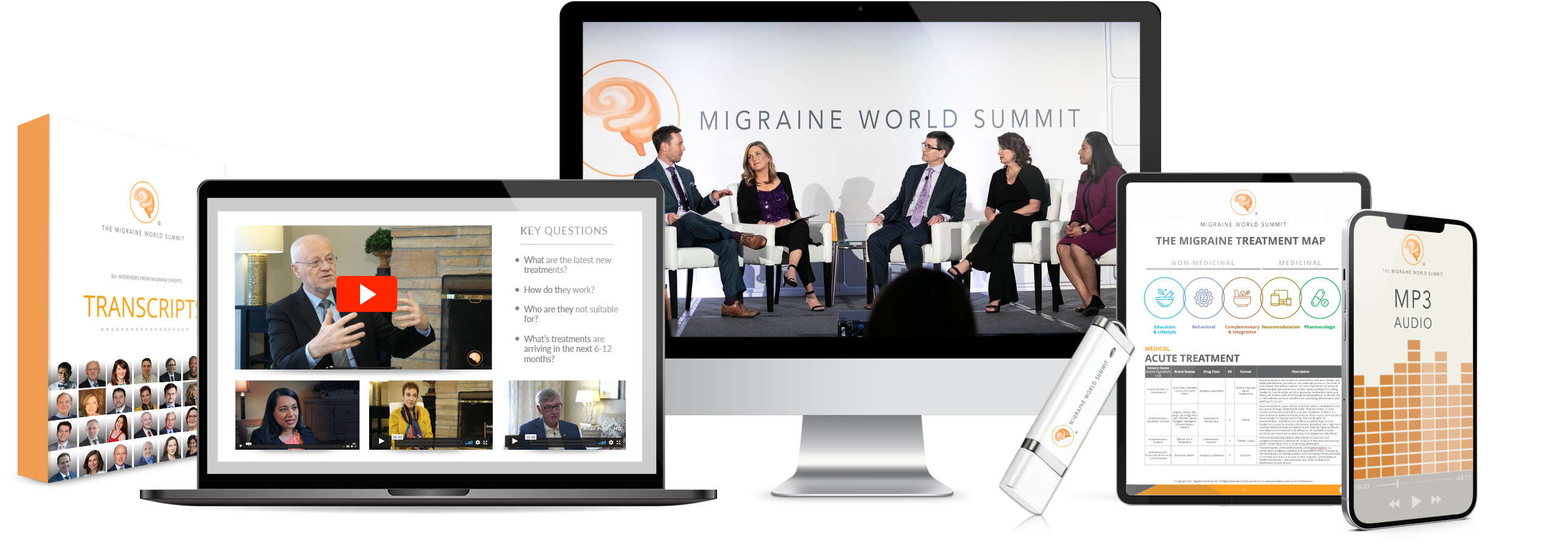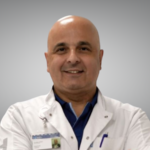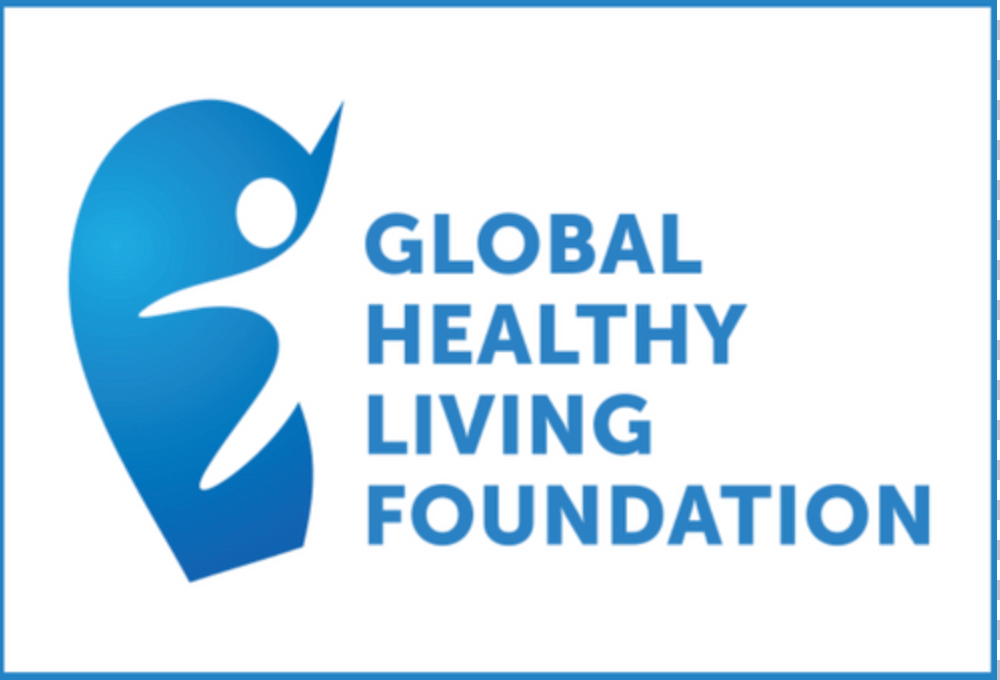Tension Headache or Migraine? Differences and Misdiagnoses
You are currently watching a preview of this interview. Unlock the full version by upgrading to an Access Pass bundle! Get FREE access to 8 expert interviews from Day 1 and Day 2 when you register today!
Key Questions
- What is tension-type headache and how prevalent is it?
- What is a primary headache versus a secondary headache?
- What are some symptoms that differentiate a migraine headache from a tension-type headache?
- What is chronic tension-type headache?
- When should we be concerned about tension-type headache?
- How can episodic migraine begin to look like tension-type headache over time?
- Can migraine and tension-type headache coexist in a patient?
- What are some risk factors and comorbidities of tension-type headache?
- What are the medical treatments for tension-type headache?
- What is craniosacral therapy?
- What are some home therapy options for tension-type headache?
- How does maintaining a headache diary assist your doctor in distinguishing between various headache types?
Interview Notes
- Rebecca Burch, MD
- American Migraine Foundation
- International Headache Society: tension-type headache
- Study: “MOTS trial: Comparing ways to manage symptoms for patients who have chronic migraine and frequent medication use”
- Study: “Chronic daily headache prophylaxis with tizanidine: A double-blind, placebo-controlled, multicenter outcome study”
Treatments Mentioned
- Acetaminophen (Tylenol)
- Acupuncture
- Analgesics
- Biofeedback
- Cognitive behavioral therapy
- Craniosacral therapy
- Epsom salt bath
- Essential oils
- Exercise
- Heat
- Ice
- Lifestyle management
- Massage
- Mindfulness-based stress reduction
- Mirtazapine
- NSAIDs (ibuprofen, naproxen, aspirin)
- Occupational therapy
- Physical therapy
- Self-massage
- Sleep
- Tizanidine
- Tricyclic antidepressant (amitriptyline)
- Venlafaxine (Effexor)
Please note: The Migraine World Summit’s aim is to bring you a variety of perspectives and expertise, independent of bias or judgment. Alternative theories presented in this video have not been medically reviewed. Views expressed in this interview do not necessarily represent the views of the Migraine World Summit. Please always consult your health care professional and do your own research before making changes to your treatment plan.

Rebecca C. Burch, MD, FAHS
Assistant Professor of Neurology
University of Vermont Larner College of Medicine
Dr. Burch is a fellowship-trained, board-certified headache medicine specialist at the University of Vermont Medical Center, where she also serves as fellowship director. Dr. Burch received her M.D. from the University of Massachusetts Medical School and completed her neurology residency at Boston Medical Center. Having a family history of headache, she was drawn to headache medicine for its psychosocial component and the opportunity it presents to develop longitudinal relationships with patients. She completed a fellowship in headache medicine at Harvard Medical School/Brigham and Women’s Faulkner Hospital prior to joining the faculty and later serving as fellowship director.
She has served on the board of directors of the American Headache Society and the Headache Cooperative of New England, where she also served as educational co-director. Dr. Burch also serves as an associate editor for the journal Neurology, overseeing general neurology papers including those on headache, pain, and traumatic brain injury. Her research interests include headache epidemiology, preventive treatment of migraine, and women’s health.
Interviews from Rebecca C. Burch, MD, FAHS
Tension Headache or Migraine? Differences and Misdiagnoses
Juggling Multiple Conditions With Migraine

Purchase full access to the entire 2024 Summit to unlock:
- All expert interviews with separate audio (MP3) files & transcripts
- 30 extended, uncut interview editions with hours more expert footage
- Lifetime on-demand access with no annual fee to 2024 Summit
- Interview Summaries
- Treatment Directory & Guidelines
- And much more!
Related Talks for: Day 6 (2024)
Beyond 50: Insights Into Migraine That Ages With Us
Messoud Ashina, MD, PhD, DMSc
How Migraine & Chronic Fatigue Syndrome (ME/CFS) Are Connected
James Baraniuk, MD
How To Manage Migraine Stigma at Work
Olivia Begasse de Dhaem, MD, FAHS
The Global Healthy Living Foundation is a 501(c)(3) nonprofit organization whose mission is to improve the quality of life for people with chronic illnesses (such as arthritis, osteoporosis, migraine, psoriasis, asthma, alopecia, inflammatory bowel disease, and cardiovascular disease) by advocating for improved access to health care at the community, state, and federal levels, and amplifying education and awareness efforts within its social media framework.
Migraine doesn't have to derail your career. Nearly every workplace in the country is impacted by migraine disease through absenteeism and presenteeism. Despite the prevalence of the disease, there is a lack of education and awareness around it. In the workplace, this often leads to unintended stigma and bias against employees living with migraine disease. Visit our website to learn more about programs available for both employees and employers.

Looking for a topic you can't find in this year's talks? Chances are, it's in our Interview Library with over 200 interviews. Search on keywords and synonyms for the best results. You can still get lifetime access to past talks.







